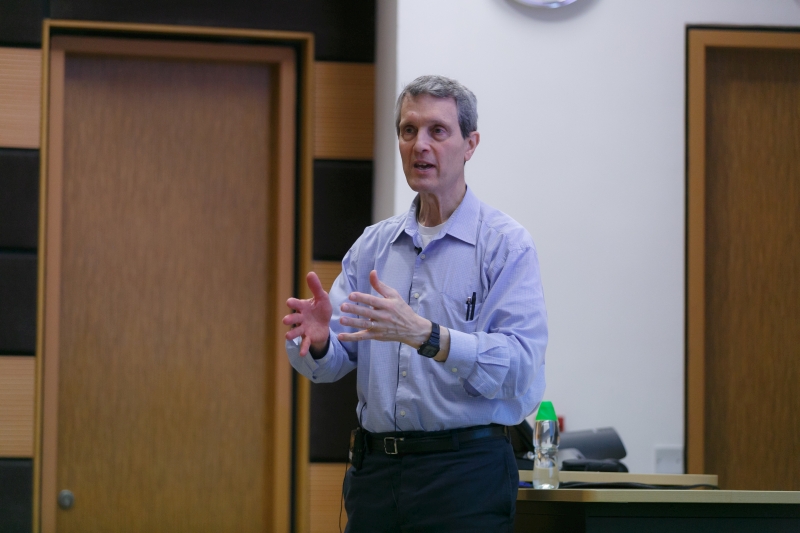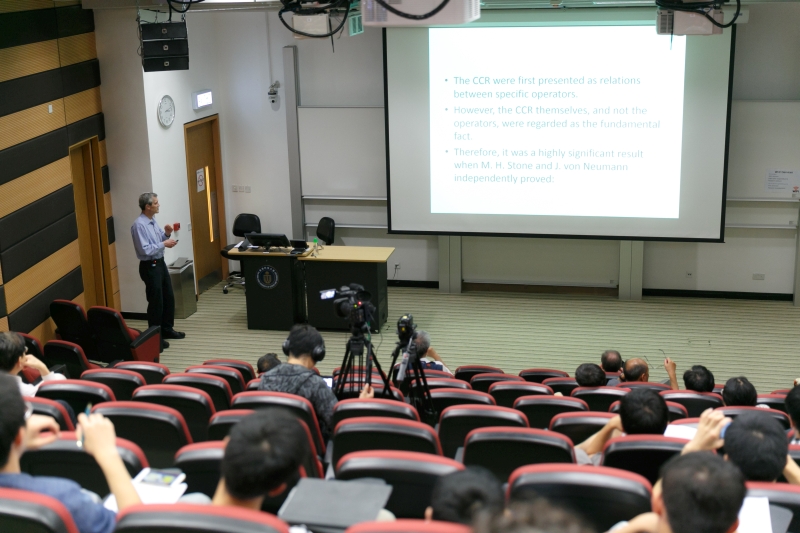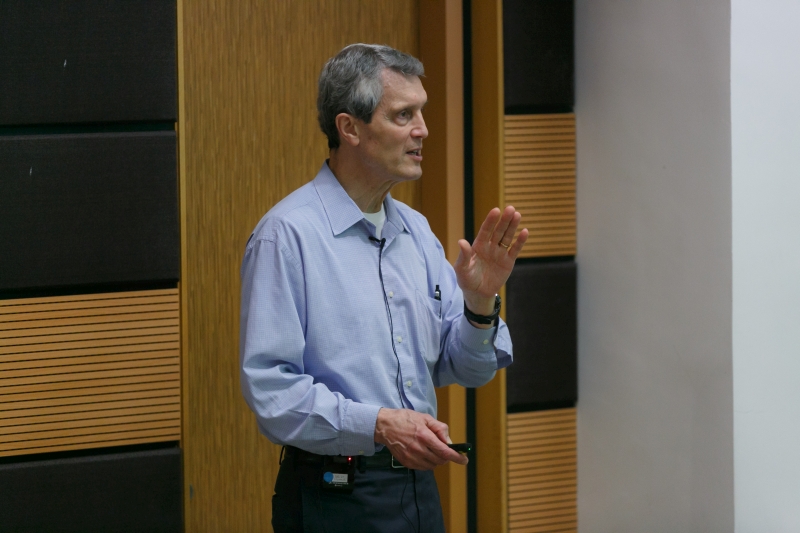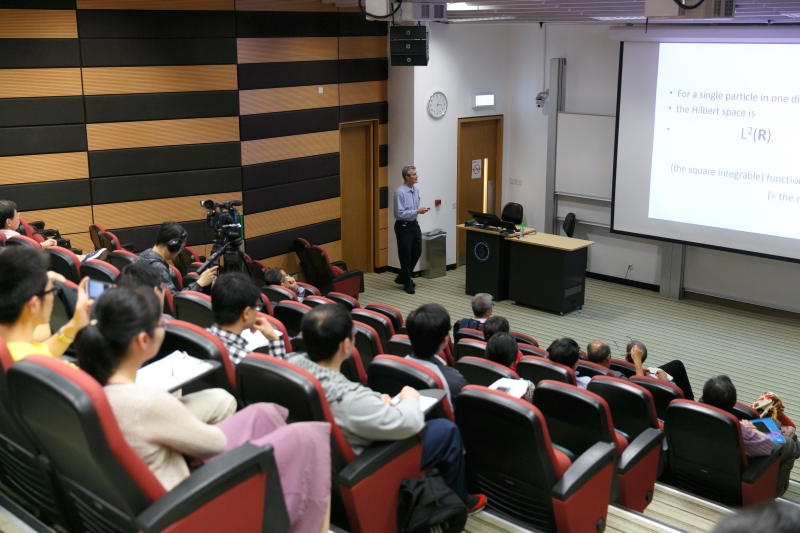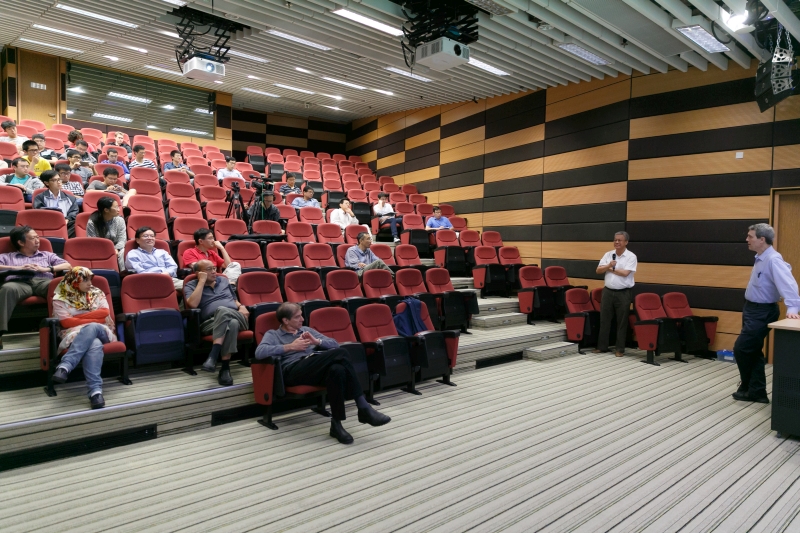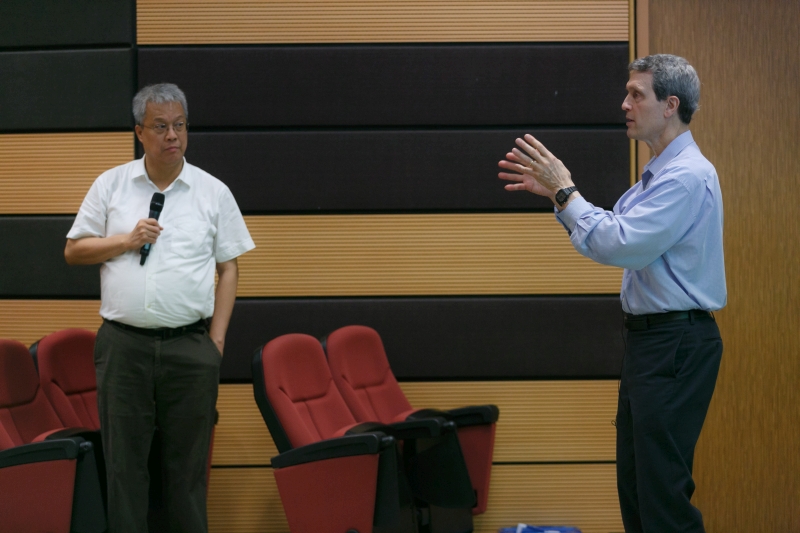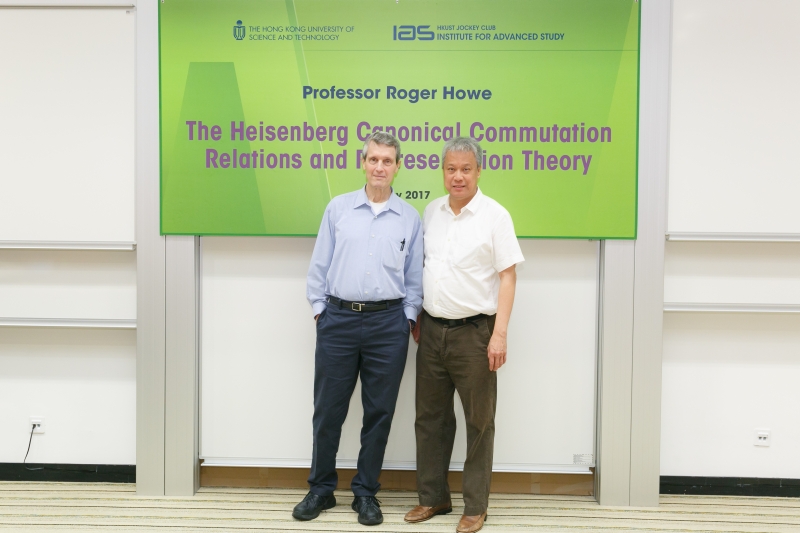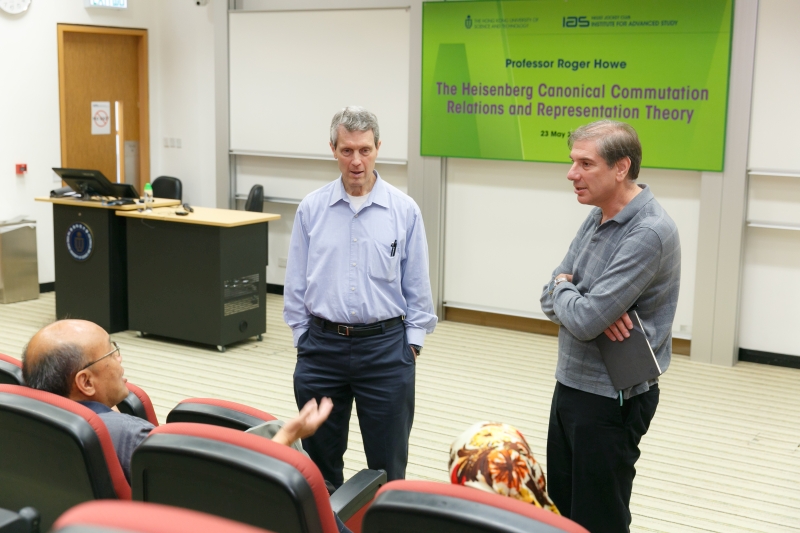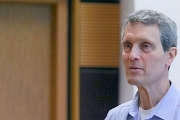The Heisenberg Canonical Commutation Relations and Representation Theory
Abstract
90 years ago, Werner Heisenberg formulated his commutation relations, recognizing that certain quantities could not be measured independently of each other, and giving a mathematical formulation of the Uncertainty Principle, a fundamental difference between classical and quantum mechanics. Shortly after Heisenberg's work, H. Weyl observed that his commutation relations were essentially the defining relations for a certain Lie algebra, now known to mathematicians as the Heisenberg Lie algebra. Soon after that, Stone and von Neumann proved their fundamental uniqueness theorem, establishing that the standard realization of the commutation relations in terms of differential operators is the only reasonable one. The Stone-von Neumann Theorem is now understood as a uniqueness theorem for unitary representations for the family of groups associated to the Heisenberg Lie algebra.
These developments are still having repercussions in mathematics, and in particular, in the representation theory of reductive groups. In this lecture, the speaker will explain how the concept of rank, which is fundamental in linear algebra, also sheds light on harmonic analysis on reductive groups, through the agency of the Heisenberg groups, and gives rise to remarkable relations between the representations of all the classical groups.
About the speaker
Prof. Roger Howe received his PhD from University of California, Berkeley in 1969, and has been a faculty member of Yale University since 1974. He had been the William R. Kenan Jr. Professor of Mathematics since 2002, before he eventually retired in 2015.
Prof. Howe’s mathematical research investigates symmetry and its applications. He is well-known for his contributions to representation theory, and in particular for the notion of a reductive dual pair, sometimes known as a Howe pair. He was elected a fellow of the American Academy of Arts and Sciences and a member of the US National Academy of Sciences. He was also awarded the American Mathematical Society Award for Distinguished Public Service in recognition of his "multifaceted contributions to mathematics and to mathematics education" in 2006.

